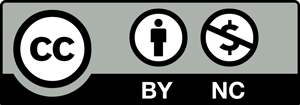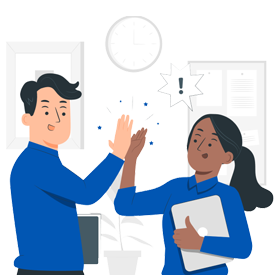Engaged Scientist Series
As communities increasingly grapple with problems of resiliency and environmental health and safety, we need scientists who are equipped to help. The Engaged Scientist Series of workshops targeted early-career STEM researchers across campus (typically graduate students, post-docs, and interested faculty) and provided perspectives and resources intended to facilitate their positive engagement with partners and audiences beyond the university setting.
The workshop series has concluded, but resources from the workshops are available below.
The Engaged Scientist series was coordinated by CU's Albert A. Bartlett Center for Science Communication, CIRES Education and Outreach, INSTAAR, and the Office for Outreach and Engagement.
Context for Use
Free public lectures and workshops for graduate students & postdocs on engaging with communities.

Goals Header
Learning Goals
Graduate students & postdocs learn about engaging with communities.
Description
In this four part series, graduate students and postdocs learn to engage with communities.
- Public Lecture: Dr. Rajul Pandya, Director of Thriving Earth Exchange (American Geophysical Union) presented case studies and stories to explore the elements of successful partnerships.
- Workshop: A workshop for graduate students and postdoctoral researchers on developing strong scientist/community partnerships was co-led by Dr. Pandya, Susan Sullivan, former director of CIRES Education Outreach, and Ben Kirshner, Director of CU Engage.
- Public lecture: Fostering Community Dialogue was presented by Boulder Talks director Phaedra Pezzullo and co-director Leah Sprain of the Department of Communication at the University of Colorado Boulder.
- Workshop: Drs. Pezzullo and Sprain co-led the associated workshop for graduate students and postdocs after the lecture.
- Public Lecture: Michelle Gabrieloff-Parish, from CU Boulder Environmental Center, and Heidi McCann, Associate Scientist at the National Snow and Ice Data Center gave a presentation that focused on how scientists often work in and with communities whether working on research, promoting findings, especially in the fields of resiliency, environment and sustainability.
- Workshop: The presentation was followed by a workshop for graduate students and postdocs that examined the scientific worldview lens and explored best practices for working with communities, including developing inter-cultural awareness, conducting research so that communities benefit, and understanding the value of local communities (including disenfranchised communities) and “informal” knowledge.
- Public Lecture: Lisa Dilling, Director of Western Water Assessment, gave a public talk on usable science, followed by a panel discussion featuring CU Boulder researchers Jeff Deems, Arnaud Chulliat, and Lise St. Denis, whose science has been used beyond the university. The talk and panel discussion explored different pathways to usable science, looked at practical considerations and pitfalls, and learned from some of the researchers who have made usable science a major part of their careers.
- Workshop: Making research more useful with Lisa Dilling.

